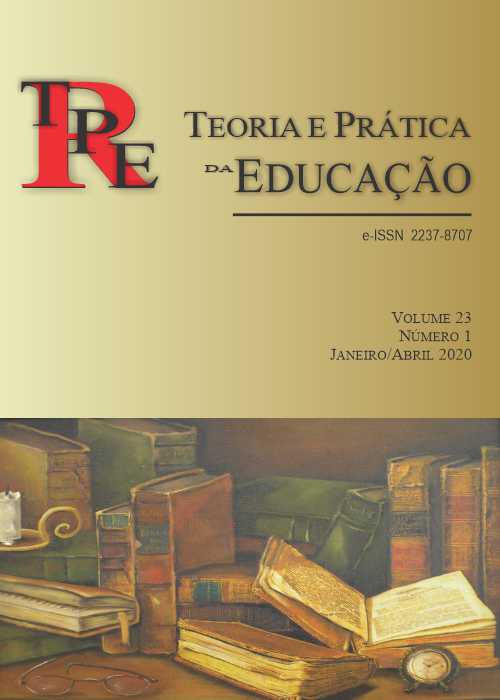HÁBITOS ORAIS DELETÉRIOS NA INFÂNCIA: IMPLICAÇÕES NA AQUISIÇÃO DA LEITURA E DA ESCRITA
Abstract
Este artigo, de natureza teórica, tem o propósito de investigar as relações entre os hábitos orais deletérios na infância e possíveis dificuldades na aquisição da leitura e da escrita. Analisamos pesquisas empíricas que tratam da temática e constatamos que a literatura da área indica que hábitos orais como o uso de mamadeira, de chupeta, a onicofagia e a sucção digital podem impactar negativamente a aquisição fonológica, uma vez que provocam danos anatômicos, fisiológicos e funcionais às estruturas articulatórias. O surgimento de padrões patológicos devido a tais hábitos acarreta disfunções sensoriais e alterações no desenvolvimento da fisiologia e da morfologia dos grupos musculares orofaciais que, por sua vez, reduzem a inteligibilidade da fala, podendo resultar em distúrbios ou em distorções. Essas inadequações no desenvolvimento da linguagem oral ocasionam dificuldades na aprendizagem da leitura e da escrita, na mediada em que o processo de alfabetização requer consciência fonológica. Conclui-se que é fundamental que os profissionais da educação tenham conhecimento sobre esse assunto para que possam identificar a ocorrência dos hábitos orais deletérios infantis, bem como elaborar estratégias que promovam o seu abandono.
Downloads
Copyright (c) 2020 Teoria e Prática da Educação

Questo lavoro è fornito con la licenza Creative Commons Attribuzione - Non commerciale 4.0 Internazionale.
Autores que publicam nesta revista concordam com os seguintes termos:
a) Os autores mantêm os direitos autorais e concedem à Revista Teoria e Pratica da Educação o direito de primeira publicação
b) Esta revista proporciona acesso público a todo o seu conteúdo, uma vez que isso permite uma maior visibilidade e alcance dos artigos e resenhas publicados.











